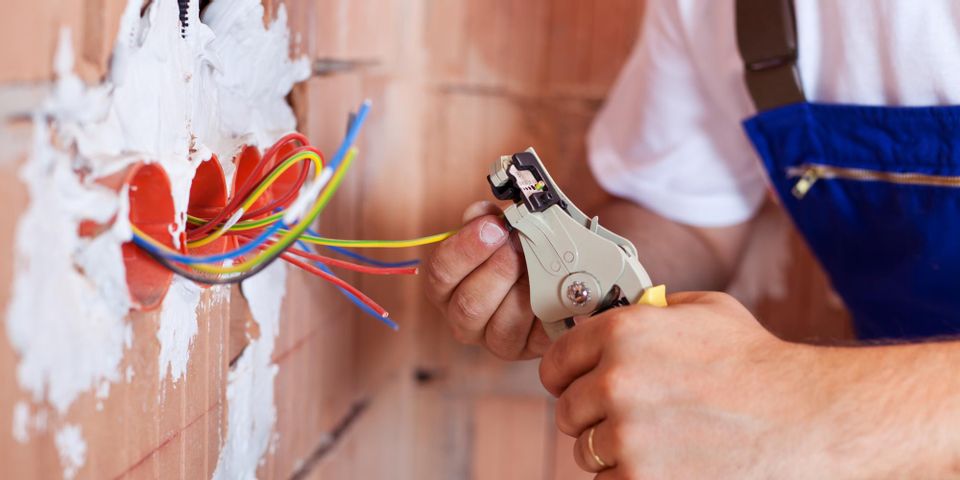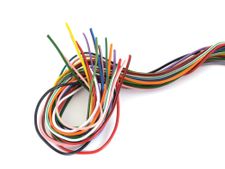5 Things to Know About the Electrical Wiring Color Coding System

If you've ever looked at your electrical wires, you've likely noticed that they're color-coded to signify their purposes. Though you may not need advanced electrical training to replace a damaged outlet or light switch, it's necessary to know which wires are safe to touch. Otherwise, you could harm yourself or damage your property. Below is a guide to the different types of wiring you may find behind your walls, including those you shouldn't handle without electrical training.
Your Guide to the Electric Wiring Color Coding System
1. Black
Most of the wiring you'll find on your property will be covered in black insulation. This color indicates "hot" wires, which carry a live electrical current from the service panel to a switch or outlet. Electrical consultants suggest people should always view black wires as hot to reduce the likelihood of a shock or electrical fire.
2. Red
Red-coated wires are also live, but they're secondary to their black counterparts. They're frequently used to connect smoke detectors to the property's electrical system, because red wiring can be interconnected to make all the alarms in a building go off if one is triggered.
3. Blue & Yellow
 These wires are usually not found in outlets, though they are capable of carrying power. These colors are for live wires that have been pulled through a conduit. Also known as travelers, blue and yellow wires are for complicated circuits, such as four-way switches or ceiling fan switches.
These wires are usually not found in outlets, though they are capable of carrying power. These colors are for live wires that have been pulled through a conduit. Also known as travelers, blue and yellow wires are for complicated circuits, such as four-way switches or ceiling fan switches.
4. White & Gray
Neutral wiring regulates voltage and helps power travel back to the service panel. They're usually covered in gray or white insulation, and they're often used for wall switches. Though these wires are considered neutral, they still have the potential to shock you, especially if they're marked with colored electrical tape.
5. Green
Green insulation is exclusively used for grounding wires. They connect to the grounding terminal inside the outlet box to provide a safe path for the circuit in case a hot wire comes in contact with a conductive material.
If your workforce needs more advanced electrical training, contact the experts at iOn Reliability Training & Consulting in Honolulu, HI. They are one of the top providers of electrical education for businesses, offering engaging, hands-on courses and OSHA training to help create safe working environments. Their knowledgeable instructors range from certified electricians to HVAC professionals, and they stay up-to-date on the latest industry safety standards. To learn more about electrical training, call (808) 312-9924 or visit their website today.
About the Business
Have a question? Ask the experts!
Send your question

